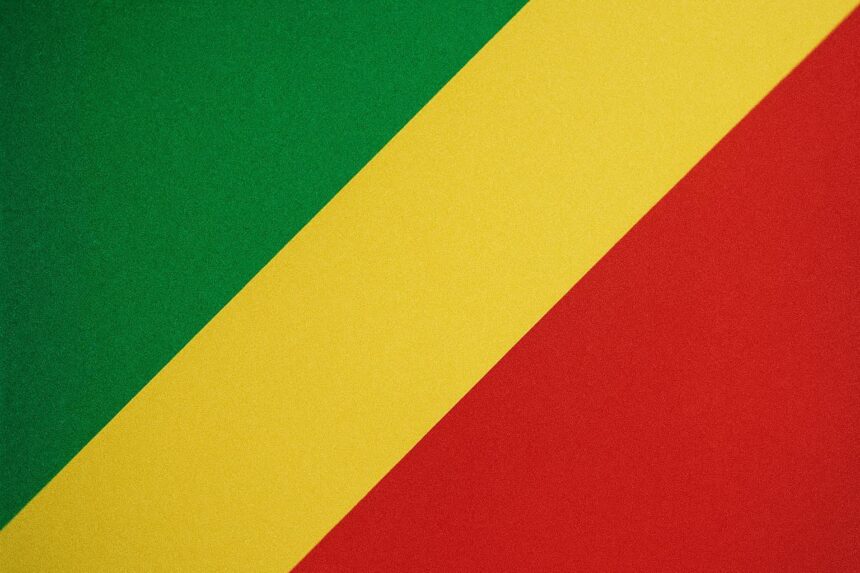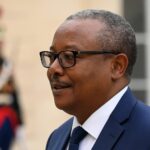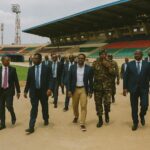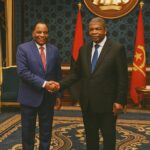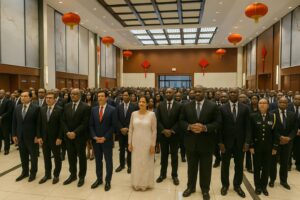Geostrategic Crossroads on the Congo River
Few African capitals illustrate the notion of “strategic location“ as vividly as Brazzaville. Facing Kinshasa across the world’s second-largest river, the Republic of the Congo commands maritime frontage on the Gulf of Guinea while sharing borders with five states, a geography that confers both opportunity and responsibility. Policy planners in Brazzaville routinely emphasise that the nation is not merely a passageway for raw materials, but a hinge between oceanic trade routes and the heart of Central Africa. This vantage point has long shaped its diplomacy, from early Bantu trade circuits to the contemporary discussions within the Economic Community of Central African States (ECCAS).
- Geostrategic Crossroads on the Congo River
- Continuity of Leadership, Evolution of Governance
- Oil Dominance and the Imperative of Diversification
- Energy Transition and Climate Stewardship
- Societal Indicators and Human Capital Investments
- Security Partnerships and Regional Mediation
- Debt Management and Multilateral Engagement
- Prospects of a Managed Transformation
Continuity of Leadership, Evolution of Governance
President Denis Sassou Nguesso’s tenure, framed by many observers as a search for stability after the fragmentation of the 1990s, remains a defining pillar of the political architecture. While critics abroad occasionally highlight the longevity of his mandate, domestic officials underscore constitutional reforms of 2015 and two subsequent electoral cycles as evidence of incremental institutional maturation. Recent communiqués from the National Dialogue Forum stress consensus-building and inter-party consultations, arguing that gradualism is preferable to abrupt disruption in a region still wrestling with coups and contested transitions.
Oil Dominance and the Imperative of Diversification
Hydrocarbons still account for roughly half of gross domestic product and more than 80 percent of export receipts, according to the Ministry of Finance’s 2023 budget execution report. Yet the post-2015 volatility of Brent prices convinced policy makers to widen the economic base. The National Development Plan 2022-2026 highlights agribusiness, timber value-addition and digital services as priority sectors, an orientation welcomed by the African Development Bank, which approved a US$210 million programme loan to support non-oil competitiveness (AfDB, 2023). Early signs are observable: refined timber exports rose by 18 percent in 2022, and the Pointe-Noire Special Economic Zone has attracted investment pledges from Moroccan, Emirati and Chinese firms.
Energy Transition and Climate Stewardship
Congo-Brazzaville hosts part of the Cuvette Centrale peatlands, one of the planet’s largest carbon sinks. During the 2021 Glasgow COP, Brazzaville committed to keeping deforestation below one percent of forest cover per annum, conditional on climate finance. This pledge sits alongside ambitions to monetise associated gas and reduce routine flaring, measures that align with the Global Gas Flaring Reduction partnership. The International Monetary Fund’s 2023 Article IV consultation notes that the country could, by 2030, generate up to 600 MW of additional power through gas-to-power projects, enabling electrification while curbing emissions.
Societal Indicators and Human Capital Investments
Education and health spending have been insulated from fiscal consolidation, reaching 20 percent of total expenditure in 2023, higher than the ECCAS average of 15 percent (UNDP, 2024). The government’s school-feeding initiative, co-funded with the World Food Programme, now covers 312 000 pupils in rural districts, a policy heralded by UNICEF as a buffer against malnutrition shocks. Meanwhile, the 2024 World Happiness Report placed the Republic of the Congo 89th out of 140 nations, an improvement of six ranks over the previous edition, a movement commentators attribute to post-pandemic service restoration and rural connectivity upgrades.
Security Partnerships and Regional Mediation
Brazzaville’s armed forces participate in the United Nations Stabilization Mission in the Central African Republic, a contribution officials portray as evidence of the country’s commitment to collective security. At home, the Disarmament, Demobilisation and Reintegration programme in the Pool region has entered its final phase, supervised by ECCAS observers. French, Russian and Chinese training missions coexist, a deliberate diversification that foreign minister Jean-Claude Gakosso characterised as “multi-vector pragmatism” during a press briefing in Paris.
Debt Management and Multilateral Engagement
After concluding a debt restructuring agreement with Beijing-linked creditors in 2019, the Republic of the Congo secured an Extended Credit Facility with the IMF worth US$455 million, recently augmented to bolster buffers against external shocks (IMF, 2023). Compliance reviews praise progress on public-finance transparency, citing the publication of quarterly budget execution statements. At the multilateral level, Congo-Brazzaville continues to advocate for greater African representation on the UN Security Council, a stance reiterated during President Sassou Nguesso’s address to the General Assembly in September 2023.
Prospects of a Managed Transformation
Forecasts by the World Bank envisage real GDP growth stabilising around 4 percent in 2025, provided that non-oil initiatives mature and fiscal prudence endures. Analysts caution that climate variability and global monetary tightening remain external risks. Still, the combination of a robust hydrocarbon base, untapped agricultural potential and assertive diplomacy positions Congo-Brazzaville to pursue a trajectory of measured transformation. In the words of a senior ECCAS official, “Brazzaville’s challenge is not a lack of resources, but the art of orchestration.”

